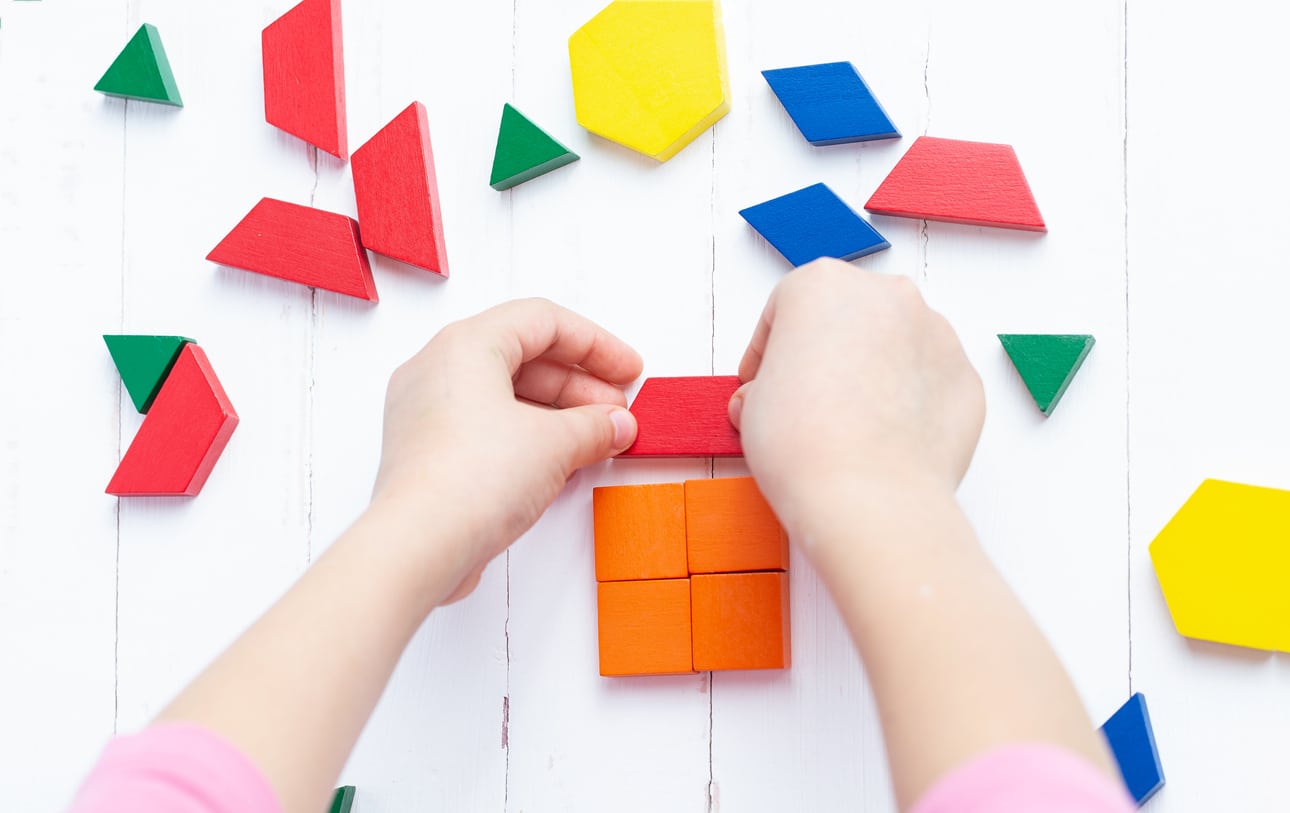High-Quality Early Mathematics Web-based Resources

Did you know that children’s early math skills are a strong predictor of not only children’s later math skills, but also their literacy and executive function skills? Research shows that promoting strong foundational math skills in early childhood is a great way to promote children’s future success.
There are lots of math resources available on the web, but how do you know which ones will best support children’s math skills, and are based on a strong understanding of children’s development? There are several research groups, housed within universities, that partner with practicing early childhood educators because they value the knowledge and wisdom teachers hold. Together, they have created free, online resources to help early educators, such as you, to support young children’s mathematics development.
In this blog, we include links to high-quality free math resources that can be used to support students in your classroom. The examples below can be used with any curriculum and don’t require any training to use.
DREME Resources

DREME (Development and Research in Early Mathematics Education) is a network of scholars across the United States who engage in collaborative research to promote mathematics teaching and learning and executive functioning skills. They have developed lots of great resources that can be used to support children’s math throughout the day and in a variety of settings:
- Center Time activities that are mathematically rich, easy to set up, and require low to moderate teacher involvement across the following topics:
- Addition and Subtraction
- Data
- Measurement
- Number, Counting, & Cardinality
- Patterns
- Shapes
- Spatial Relations
Each activity offers a list of materials (commonly found in classrooms), basic instructions, and questions to pose that help you check for child understanding across key concepts. Importantly, each activity comes with modifications to present less or more challenge, as well as ways to increase peer collaboration.
- Guided Activities introduce Whole Group activities that leads to Small Group work. Once children are familiar with the activity, they can play independently in Center Time.
- Math Moments are simple, mathematically rich activities explicitly designed to fit into routines and transitions. Although brief, these fun, playful moments accumulate, and children help to consolidate math concepts in low pressure interactions.
- Literacy helps incorporate math concepts into story time and storytelling. These reading guides will help you identify and highlight the math within stories, as well as help you build your library.
For example, if you’re teaching about geometric shapes, a guided activity is “What Shape Am I Touching?” This game gives children the time to explore shapes with their hands and not rely so much on their eyes. Finding Shapes in Food is a great way to build on the guided activity. A nice way to wrap up the day could be to read Ellen Stoll Walsh’s Mouse Shapes. This reading guide offers ideas about math talking points during the group read as well as follow-up activities.

Learning and Teaching with Learning Trajectories

Learning and Teaching with Learning Trajectories, or affectionately known as [LT]2, is developed by Drs. Douglas Clements and Julie Sarama. This site is designed for early childhood educators (Birth to Grade 3). Each trajectory is accompanied by an introductory video. Each level of the trajectory contains (i) a description and illustrative video of thinking and problem-solving behaviors, as well as (ii) instructional activities (whole group and small group) designed to move thinking forward.
Here is a link to a video that summarizes how to set up an account.
Of particular help is the Focus Tool, which helps to filter the trajectory levels by age/grade, as well as alignment with TSG and Pre-K and Common Core Standards.
Account holders are also able to create a class. This feature enables you to track individual student progress and access data on game performance.
YouCubed

The mission of YouCubed is to promote success in mathematics through growth mindsets. This is accomplished through an effort, led by Dr. Jo Boaler (Standford University), to transform mathematics research into practical forms.
This site also serves as a forum that can speak to enduring and current questions about teaching and learning, such as the role of mathematical freedom in classrooms and the impact of ability grouping on achievement. Of particular interest may be the Tasks link, which contains activities that can be filtered by grade level and the following topic strands:
- Number Sense
- Patterns + Generalizations
- Shape, Space + Measures
- Data, Probability + Statistics
- Data Science
We hope you find these mathematics resources valuable for your students, and we’d love to hear of any other resources you’ve used that helped your students learn and grow in their mathematics understanding!
More Questions for the VKRP Team? VKRP provides support via the online chat feature when you are in the system, via email vkrp@virginia.edu, and via toll free 866-301-8278